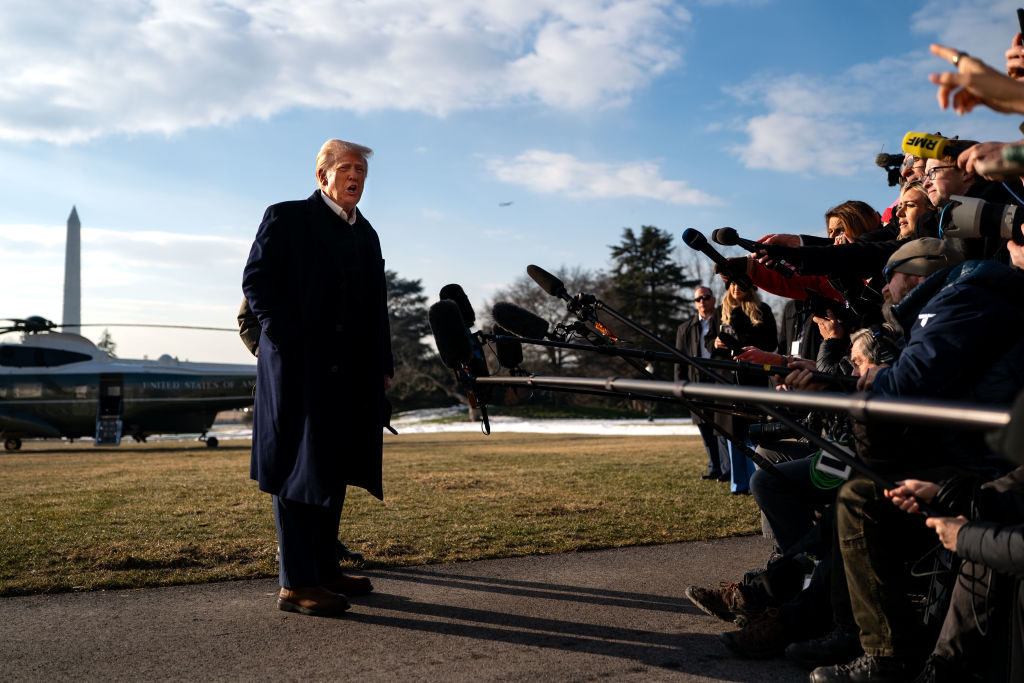Ted Fertik
I think it’s not yet clear what the attitude of the Republican Party will be toward industrial policy and manufacturing. It is quite clear that they do not believe that reducing carbon emissions should be a policy goal. So that aspect of what has been one of the motivations for industrial policy on the Democratic side is not driving Republican thinking and Republican strategy. It does appear that more and more Republicans seem to have an explicit interest in bolstering American manufacturing.
What set of policies they ultimately support? It depends, I think, on which Republican you ask. It does seem that there is a growing support for the use of tariffs as a strategic tool on the Republican side, and there is, of course, the classic Republican preference for deregulation and their view that less regulation would support American business of all sorts, including manufacturing. They believe that environmental regulations, permitting regulations, things like that, are a hindrance to manufacturing. I think that what we are witnessing in real time is Republicans trying to make a determination about whether or not they would like to keep the Inflation Reduction Act in place.
What you have seen is several very prominent business lobbies, including, for example, the National Association of Manufacturers, openly on the record favoring the preservation of those tax credits. Their belief is that these tax credits are directly benefiting American manufacturers and the energy sector. Republicans are grappling with the fact that Donald Trump in his campaign really took aim at electric vehicles in particular, and policies that have supported both the manufacturing of electric vehicles as well as the sale of them.
This seems to be a point of some tension because it is very clear that a lot of the investment in electric vehicles and batteries and their…
Auteur: Ted Fertik

